Formula 1 drivers headed into Thursday night’s annual FIA meeting in Qatar frustrated with how racing rules have been applied – but united solutions remain elusive.
Oscar Piastri has been at the centre of the most recent flashpoints. His Brazil penalty for contact with Kimi Antonelli, which triggered the chain reaction involving Charles Leclerc, reignited concerns about how stewards interpret wheel-to-wheel battles.
The tension escalated again in Las Vegas, where Liam Lawson’s Turn 1 collision with Piastri went unpunished. Speaking after that race, Piastri summed up the mood in the paddock.
“The guidelines kind of came in place from the drivers, and I think for the large majority of incidents it’s been very helpful,” he told media including Motorsport Week.
“But clearly there’s some tweaking that needs to be done, because I think [there are] potentially people gaming the rules a little bit.
“There’s been a few incidents that I don’t think are really what we want to see in racing.”
The field agrees the current framework isn’t delivering. What no one can quite pin down is the best fix.
Carlos Sainz believes the guidelines have become more of a hindrance than a help.
He argues that by turning them into rigid rules, the FIA has backed itself into a corner and reduced the space for common-sense racing calls.
For him, the clearest path forward is to remove the guidelines entirely and rely on experts with recent racing experience.
“I’ve seen some analysis done of quite a lot of the incidents,” Sainz explained.
“In some of them, Karun Chandhok, in some of them, Jolyon Palmer, some of them, I think was Anthony Davidson. And every time I see this analysis that they do and the verdict that they give from racing drivers that have been recently racing, I think they do a very good analysis.
“They put the blame correctly, most of the time, on who actually has the blame, or if it’s actually just a racing incident.
“My future ideal is no guidelines and people that are able to judge these sorts of incidents, as well as these three people that I just mentioned do after the races.”
But others doubt broadcasters’ pundits could replicate their post-race clarity under real-time pressure.
George Russell countered that the F1 stewards’ challenges are far greater than those of TV analysts.
“I respect those three that he [Sainz] mentioned from an analysis perspective, and I think they do get things absolutely spot on,” Russell said.
“But the benefit they have versus the stewards is they’ve got firstly no pressure.
“Secondly they’ve got time on their hands not to make a decision there in the moment.
“And thirdly they’re not following guidelines. They’re following their own view of their race and experience and knowledge, which, for what it’s worth, I think the stewards have.
“But their job [as stewards] isn’t to make a decision based upon their view and racing knowledge. Their job is to make a decision based upon the guidelines. That means the guidelines need to be correct. If the guidelines aren’t correct, the decisions won’t be correct.”
Russell instead wants the FIA to appoint permanent stewards to maintain consistency across all 24 race weekends.
“It goes back to this point where I think consistent stewarding from individuals who’ve got that racing experience, who can see an incident for what it is, is where we will get the most consistent penalties for a given incident,” he added.
The hurdle is cost. Hiring high-level, full-season stewards would require significant investment—something the FIA and teams would need to agree on.
Charles Leclerc, meanwhile, places emphasis on restoring common sense. He contends that no rulebook can ever capture every scenario modern F1 produces.
“There are many, many rules, and in a sport like racing, it’s very, very difficult to write black and white every single scenario that can happen,” he said.
“I appreciate the fact that we are all trying to tackle as many situations as possible, but I feel like this is never ever going to be the case.
“It will rely a little bit more on the stewards feeling on certain situations…but now today we are really sticking to the book and that makes it difficult to have common sense sometimes in some specific situations.”
As the paddock prepared for a frank discussion in Qatar, few expect an overnight fix. Even Russell doubts the meeting will bring a definitive breakthrough.
“I hope we make progress,” he said. “I do fear that we will end up in the same position where we make adjustments to the guidelines, and then there’ll be a new incident next year that the guidelines don’t really allow for.
“Then we’ll see another decision based upon the guidelines and not based upon racing knowledge.”
READ MORE – Charles Leclerc backtracks on initial criticism of 2026 F1 cars

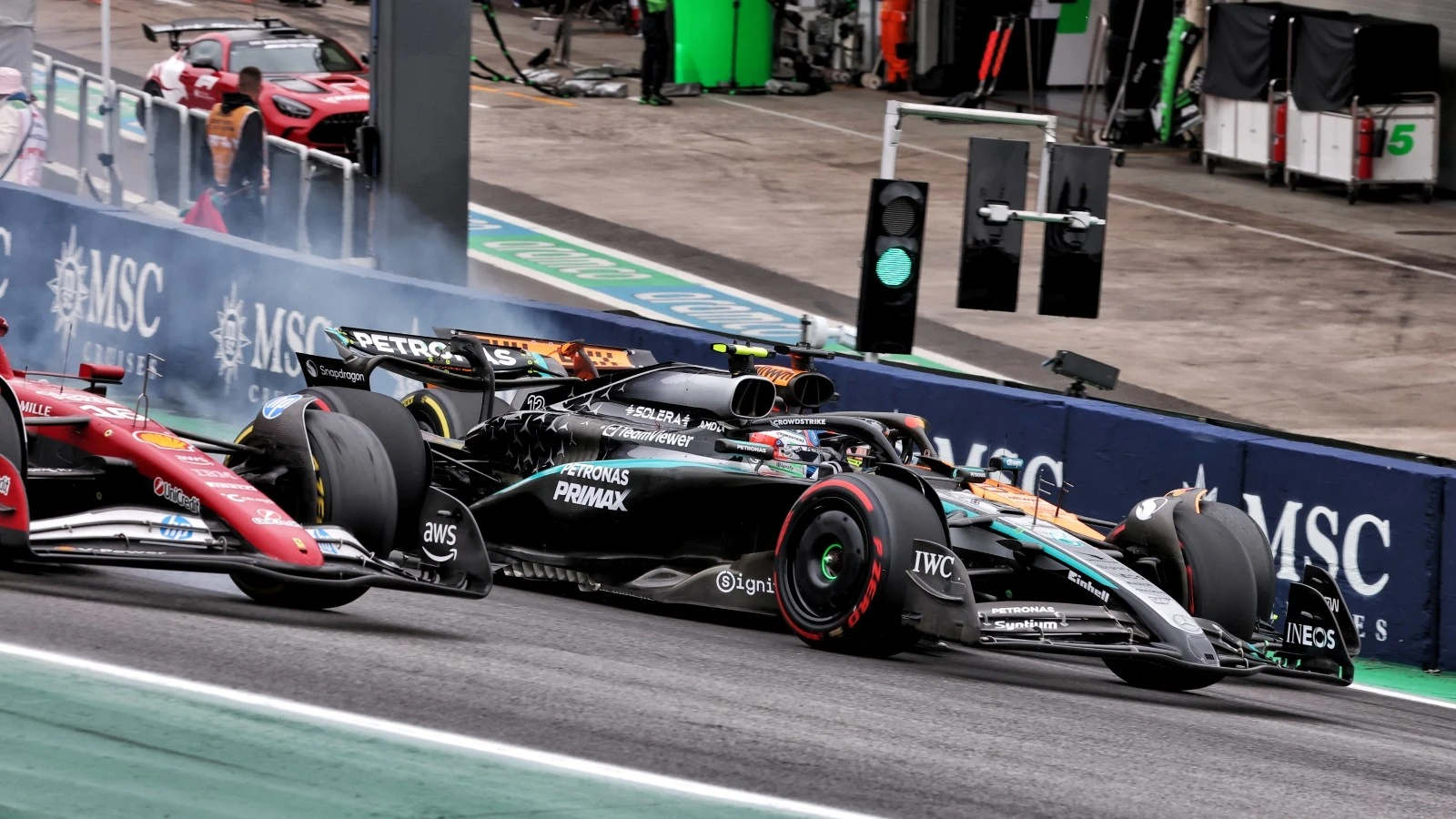



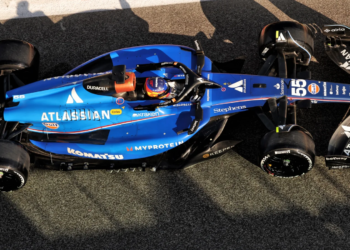
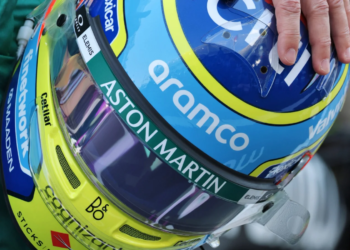

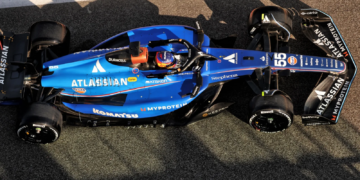
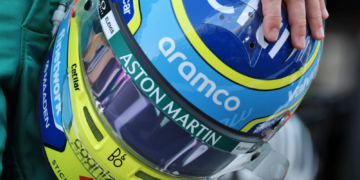
Discussion about this post